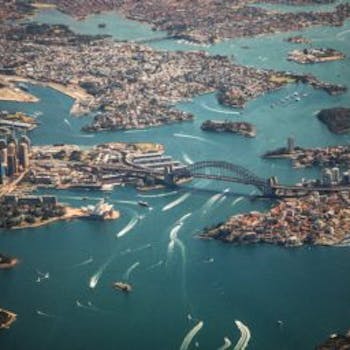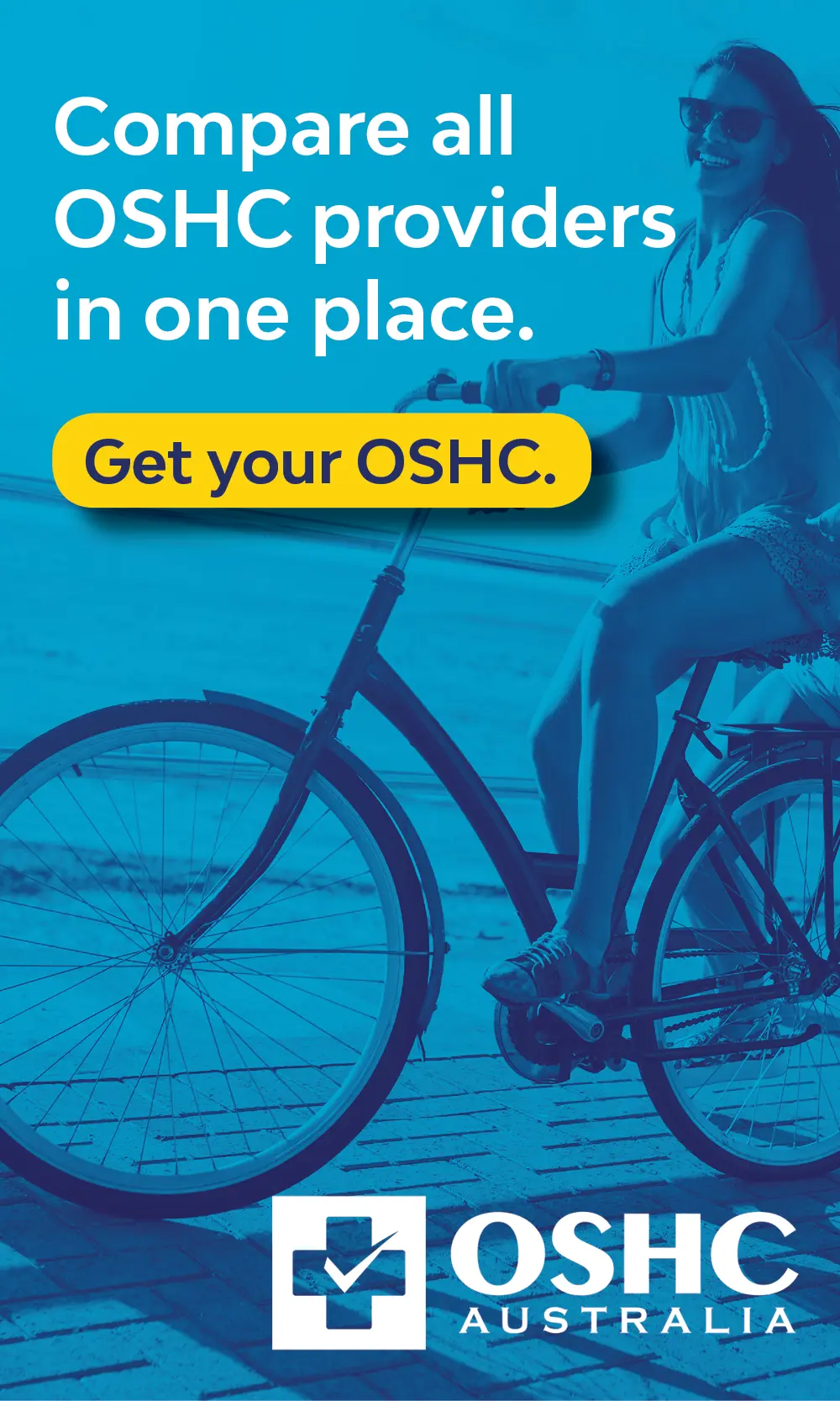With world-class education providers, an awesome lifestyle and great employment prospects, Australia is one of the top global places for international students to study.
There’s a heap of information you’ll want to know before heading Down Under, and we’ve prepared this handy guide for your Visa’s.
Choosing the right visa
There are a few different visa options for studying in Australia, depending on whether you plan to study full-time or do professional training. Most students apply for the Subclass 500 Student Visa, which lets you stay for up to five years and can be extended if your studies end up taking longer.
To be eligible, you have to be:
· Enrolled in a full-time course at a recognised education institution
· Have a Confirmation of Enrolment (CoE) and;
· Hold an Overseas Student Health Cover (OSHC) policy
Get the right OSHC for you
Did you know you have a choice in your OSHC provider? There are several approved providers, and you can compare and choose the provider that suits you.
How much does a Student Visa cost?
The basic fee is AUD 575, but you could face other costs for health checks, police certificates and biometrics.
To work out what your visa will cost, use this handy visa pricing estimator.
Lodging an application
It can take a few months for a Student Visa to be processed, so it’s best to apply as early as possible. If you’ve got children or a partner, you’re able to include these family members when you lodge your visa application.
To avoid delays, make sure you complete all forms correctly, and that you have the requested documents ready. You also don’t need to worry about having a label in your passport - everything is now linked electronically!
Staying after graduation
If you want to look at staying longer in Australia after you graduate, you must apply for a new Student Visa.
· If your Student visa will expire before your graduation, you might be eligible for a Visitor visa (subclass 600). You will need a letter from your education provider with the date of your graduation.
· If you hold or held a student visa and completed specific qualifications in Australia within the last six months, you might be eligible for a Temporary Graduate visa (subclass 485).
· If you are a recent engineering graduate of a recognized institution you might be eligible for the Skilled Recognition Graduate visa (subclass 476).
· If you want to stay longer for other reasons, you must apply for a new visa that suits your circumstances. Explore your visa options.
There are some other options like the Working Holiday Visa (subclass 417) or Work & Holiday Visa (subclass 462). These allow you to work short term or travel.
For a longer-term option, you can apply for permanent residency through a Skilled Independent Visa (subclass 189) or an Employer Nomination Scheme visa. These visas tend to have strict eligibility requirements, such as your occupation being on the relevant list of eligible skilled occupations.
It’s also worth looking at graduate visas for once you complete your studies. The Temporary Graduate Visa (subclass 485) is a more general visa for after graduation while the Skilled Recognition Graduate visa (subclass 476), can be applied for by recent engineering graduates under 31 years old. This allows you to work, travel and study in Australia, for around 18 months.
Can I work during my studies?
Once your course commences, you can work up to 40 hours every two weeks. Having part-time work can help you cover living costs, which could be higher than what you’re used to in big cities like Sydney and Melbourne.
Here are some other tips worth keeping in mind:
You’ll need to pass an English language test
To study at Australian universities, international students need to first pass an industry recognised language test, such as IELTLS (International English Language Testing System). The Australian Government sets a minimum IELTS score of 5.5 to obtain a student visa, but if you score as low as 4.5, you could be granted a visa as long as you enrol in a short English language pathway course before starting university.
For many of you, studying overseas will be the first time you’ve lived away from home and your families. It’s an exciting time but it can also be a challenging one. Most universities have good support systems to help students coming from overseas, including free counselling and advice services, so be sure to reach out and use the resources available to you.


